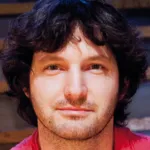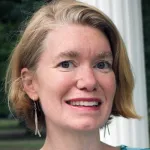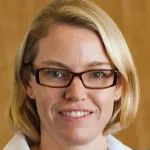Frontiers in Quantitative Biology Seminar
Frontiers in Quantitative Biology Seminar
The Clemons lab is primarily interested in understanding the molecular details of life and as a tool we focus on “structural biology”. They currently work on problems related to protein transport across membranes and post-translational modification of proteins. The lab primarily uses X-ray crystallography but also works with biochemistry, microbiology, mass spectrometry and electron microscopy.










